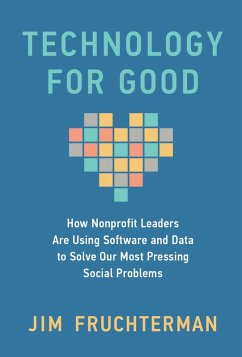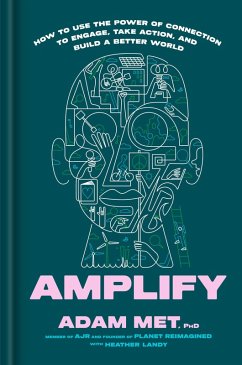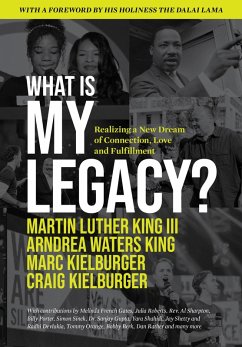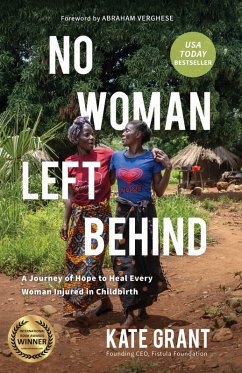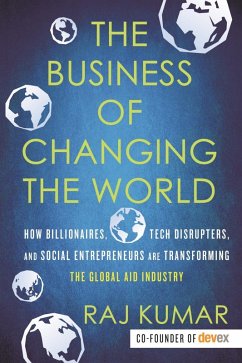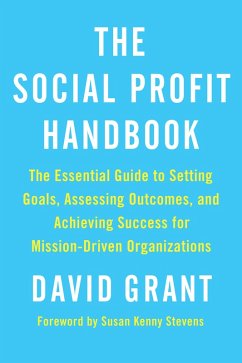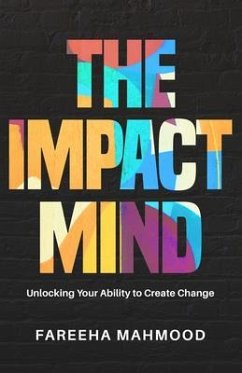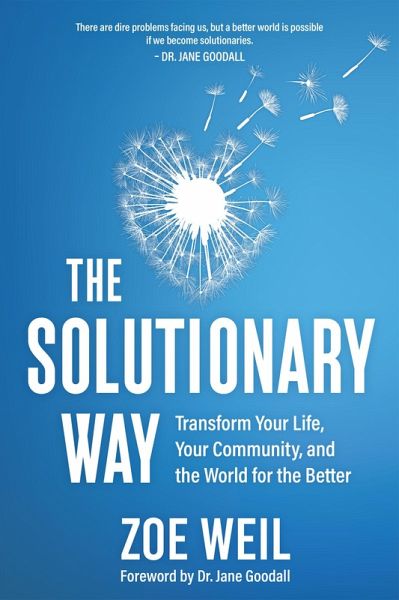
The Solutionary Way (eBook, ePUB)
Transform Your Life, Your Community, and the World for the Better
Versandkostenfrei!
Sofort per Download lieferbar
0,99 €
inkl. MwSt.
Weitere Ausgaben:

PAYBACK Punkte
0 °P sammeln!
Forges a path away from polarization toward ethical problem solving and a more humane, equitable, and healthy societyFrom tackling injustice to protecting the environment to ending animal cruelty to improving the strength of our communities, deep divisions in our society often prevent us from working collaboratively to solve the problems we face.Based on Zoe Weil's decades of work as a humane educator, The Solutionary Way provides clear, achievable methods to bridge divides, address the causes of seemingly intractable challenges, and create positive change. Grounded in evidence-based optimism ...
Forges a path away from polarization toward ethical problem solving and a more humane, equitable, and healthy society
From tackling injustice to protecting the environment to ending animal cruelty to improving the strength of our communities, deep divisions in our society often prevent us from working collaboratively to solve the problems we face.
Based on Zoe Weil's decades of work as a humane educator, The Solutionary Way provides clear, achievable methods to bridge divides, address the causes of seemingly intractable challenges, and create positive change. Grounded in evidence-based optimism and illustrated with dozens of real-world examples, this book provides:
This exciting and empowering book will appeal to a broad audience, including changemakers, activists, advocates for social justice, environmental sustainability, and animal protection, business and political leaders, and anyone who yearns to contribute to a healthy, equitable, and humane world.
From tackling injustice to protecting the environment to ending animal cruelty to improving the strength of our communities, deep divisions in our society often prevent us from working collaboratively to solve the problems we face.
Based on Zoe Weil's decades of work as a humane educator, The Solutionary Way provides clear, achievable methods to bridge divides, address the causes of seemingly intractable challenges, and create positive change. Grounded in evidence-based optimism and illustrated with dozens of real-world examples, this book provides:
- A guide to the primary components of a solutionary mindset-critical, systems, strategic, and creative thinking
- A comprehensive articulation of the solutionary framework (Identify, Investigate, Innovate, and Implement)
- A compelling argument for the MOGO principle-to do the most good and least harm for people, animals, and the environment
- An overview of emerging solutions to a variety of systemic, rather than solitary, problems
- The personal benefits associated with becoming a solutionary, from a greater sense of purpose to deeper compassion and reduced feelings of apathy and isolation.
This exciting and empowering book will appeal to a broad audience, including changemakers, activists, advocates for social justice, environmental sustainability, and animal protection, business and political leaders, and anyone who yearns to contribute to a healthy, equitable, and humane world.
Dieser Download kann aus rechtlichen Gründen nur mit Rechnungsadresse in A, D ausgeliefert werden.




